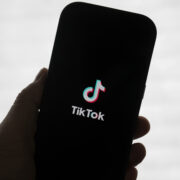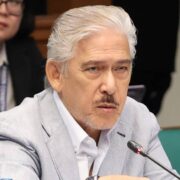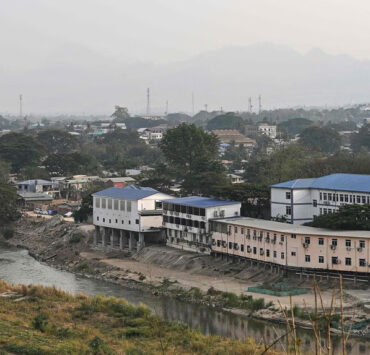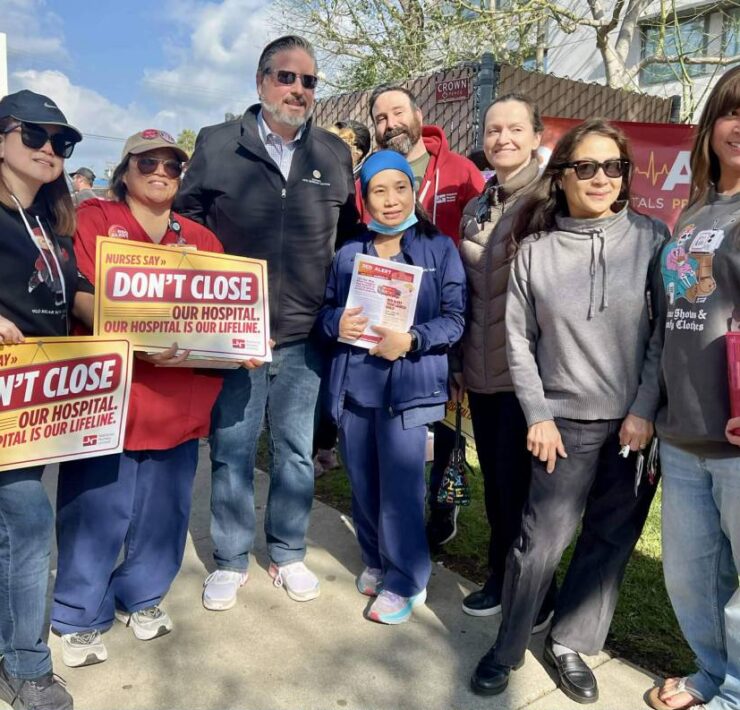Philhealth chief replaced in wake of ouster calls
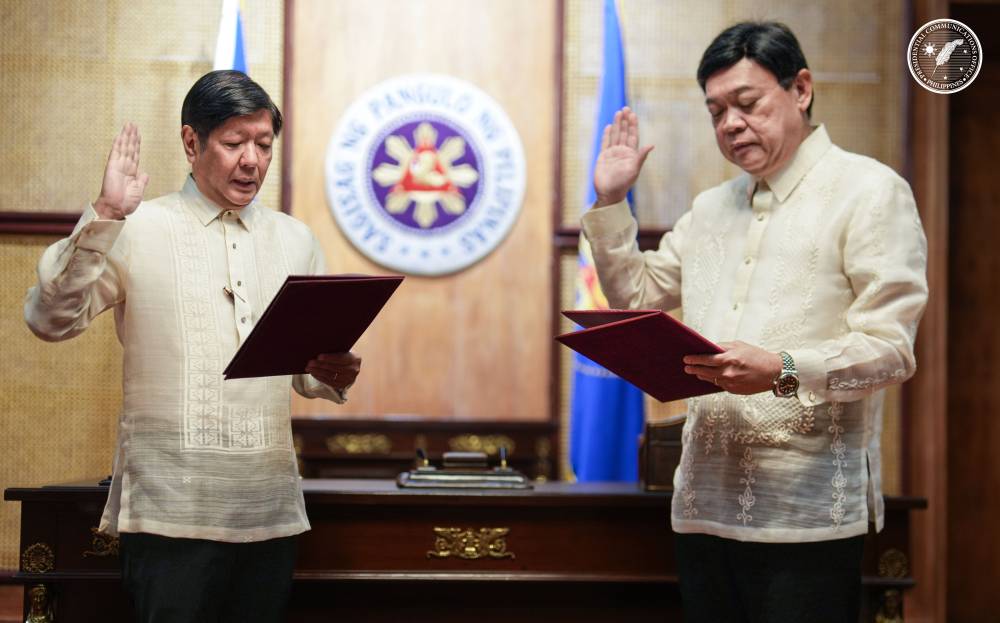
- The state health insurer’s new president/CEO is Dr. Edwin Mercado, who has a big task ahead of him — restore the public’s trust in PhilHealth following a string of controversies under predecessor Emmanuel Ledesma Jr.
- Mercado’s entry comes on the heels of a growing clamor to replace Ledesma over allegations of “inefficient” PhilHealth fund utilization.
- A graduate of the University of the Philippines and Harvard Medical School, Mercado is a US-trained orthopedic surgeon with 35 years of experience in hospital management. Prior to his appointment, he was the vice chair of the Mercado General Hospital/Qualimed Health Network since March 2021.
President Marcos Jr. on Tuesday swore in a new president and chief executive officer of the Philippine Health Insurance Corp. amid the string of controversies that hounded the state health insurer.
The President administered the oath of office to Dr. Edwin Mercado in Malacañang on Tuesday morning, replacing Emmanuel R. Ledesma Jr., who had faced ouster calls in recent months.
The Presidential Communications Office (PCO) did not respond to the Inquirer’s queries on whether Ledesma quit or was removed from his post.
Mercado’s entry comes on the heels of a growing clamor to replace Ledesma over allegations of “inefficient” PhilHealth fund utilization.
In December 2024, the Nagkaisa Labor Coalition urged the President to remove Ledesma and the entire PhilHealth board after Congress slapped the agency with a zero subsidy in the 2025 General Appropriations Act (GAA).
During the budget deliberations in the Senate in November 2024, senators criticized Ledesma for his “disrespectful” responses as he was made to explain the agency’s P89.9 billion in excess funds that were transferred to the national treasury.
PhilHealth was again the subject of public outrage following reports that it had allotted P138 million for its year-long anniversary celebrations in 2025.
Critics have argued that such spending was inappropriate, especially when many Filipinos faced challenges accessing basic healthcare services.
In September 2023, PhilHealth suffered a major cyberattack by the Medusa ransomware group, allowing hackers to steal and leak millions of members’ records, including their personal and medical information.
Track record
Ledesma’s successor is a US-trained orthopedic surgeon with 35 years of experience in hospital management, according to the PCO.
Before his appointment as PhilHealth chief, Mercado was the vice chair of the Mercado General Hospital/Qualimed Health Network since March 2021.
He has demonstrated proven leadership and executive and strategic planning expertise, the PCO said.
“Under his leadership, Mercado General Hospital Inc. (MGHI) has expanded into a national chain of healthcare facilities that include four general hospitals, six multi-specialty clinics, two surgery centers, 150 primary care corporate clinics, a college for paramedical professionals, and a physician practice group of 400 four doctors,” the PCO added.
According to the PCO, Mercado has “dedicated his work to ensuring equitable access to quality medical care and leveraging technology to strengthen health systems, particularly in financial management and primary care programs.”
A graduate of the University of the Philippines in 1987, Mercado completed his Master of Medical Sciences in Global Health Delivery from Harvard Medical School in 2023.
Out-of-pocket expenses
Senators welcomed the replacement of Ledesma and called on his successor to institutionalize reforms in the state health insurer.
“It should have been done much earlier,” Senate President Francis Escudero said of Mercado’s appointment.
“(Mercado) should not do what his predecessor did. He should focus on improving the benefits being given to our countrymen and ensure that these match their needs,” he told reporters.
“I hope he fixes all the problems of PhilHealth. One good thing is that he is not a politician. He is very highly qualified to be the chief of PhilHealth,” added Senate President Pro Tempore Jinggoy Estrada.
Sen. JV Ejercito, who had earlier urged Mr. Marcos to replace Ledesma, emphasized the need to ensure the full implementation of the Universal Health Care (UHC) Act, which he had authored and sponsored during the 17th Congress.
He lamented that PhilHealth had functioned like a “private insurance company” under Ledesma’s watch.
“Our aim is really to bring down the out-of-pocket expenses of every Filipino. So I’m hoping that the new PhilHealth president will always put that in mind,” Ejercito said.
For Sen. Grace Poe, the new PhilHealth leadership should be able to “breathe new life” into the public health insurer and establish a “more responsive, efficient and just healthcare management.”
“With his track record in the medical field, we are optimistic that Dr. Mercado’s expertise will be instrumental in driving much-needed reforms within the agency to better implement the country’s National Health Insurance Program,” Sen. Joel Villanueva told the INQUIRER.
Accomplishments
Health Secretary Teodoro Herbosa, who sits as chair of the PhilHealth board, congratulated Mercado, noting that his background in healthcare administration and health economics would be vital in implementing UHC in the country.
Despite being part of the policymaking body of PhilHealth, Herbosa was vocal in calling for the “need to fix this broken system” of PhilHealth under the administration of Ledesma.
The DOH chief was at odds with the former PhilHealth president’s uncoordinated pronouncements, at one point even telling reporters: “I don’t know what the hell he is talking about,” when Ledesma said during a Senate hearing in July last year that he would recommend to President Marcos to lower the current 5-percent contribution rate of its paying members.
Important reforms
Amid the criticism, in the more than two years of Ledesma’s stint, PhilHealth implemented important reforms, especially in the area of claims payments and benefit enhancements.
In just a year, PhilHealth increased twice the rates for nearly all of its more than 9,000 benefit packages to account for inflation: 30 percent in February 2024 and 50 percent in January this year.
These were the first and only en masse adjustments in PhilHealth case rates since 2013.
The state health insurer also significantly raised the benefit packages for the most financially burdensome diseases, including high-risk pneumonia, ischemic and hemorrhagic stroke, bronchial asthma, neonatal sepsis and hemodialysis.
The average turn-around time for processing of claims also significantly improved — from 40 days in 2021 to 25 days in 2024, or 35 days faster than the 60 days prescribed under the law.







